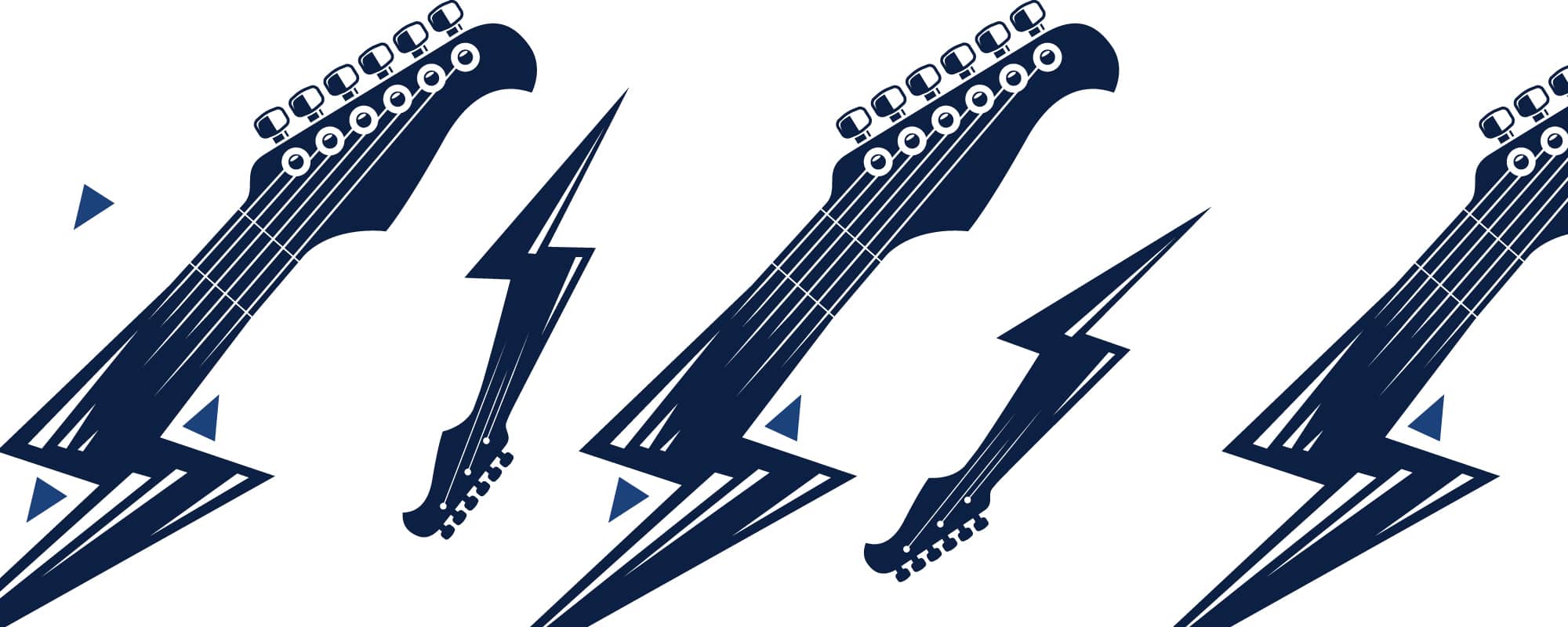Music knows no barriers. How Finnish punk has become popular in Brazil and Japan might be the best proof for this point. Walking down the street in São Paulo, Brazil, Lasse Ullvén found that punk music from his native Finland is surprisingly popular in Brazil. Some punk bands even learn Finnish to emulate the right sounds. Ullvén, a punk rocker and now a doctoral student in Literary Tradition and Popular Culture at the Faculty of Arts of the University of Malta, decided to research the music that influences his life and others across the continent.
Finnish hardcore punk has been popular in Brazil’s underground community since the 1980s. Brazil is not the only country where Finnish punk has been noted. Japanese punk bands are fanatic about Finnish punk since their music styles both tend to be more rough, dirty, and raw. Interestingly, at least 10 Japanese punk bands sing in Finnish just to fit the style and make their songs sound exotic.
To uncover Finnish punk’s success abroad, Ullvén contacted people in punk bands worldwide and interviewed them to learn their personal experiences and feelings about Finnish punk. The approach he uses is ethnography, a qualitative method where researchers observe or interact with a study’s participants in their environment.
Through interacting with punk rockers around the world, Ullvén found that part of the appeal of punk music comes from the lack of strict rules. Unlike other music genres, punk doesn’t have to be perfect. It can be crude, raw, or even vulgar so long as the music conveys strong emotion and messages. It doesn’t matter if the listener can understand the lyrics so long as they can relate to the feeling.
These alternative characteristics make punk popular with teenagers and other groups. Despite the linguistic barrier, punk inspires those eager to express their feelings or raise awareness on different topics. The messages delivered through the music are easy to relate to and spread across various nations because the destructive aspect of punk music makes it very human. Ullvén thinks that ‘Punk has managed to empower individuals to work as a force of de-alienation.’
Punk is usually seen as anti-system and anarchistic. Finnish punk has brought these aspects to an extreme, making it stand out by transcending borders and gaining popularity in countries with very different cultural backgrounds. Just as the Russian revolutionary anarchist Mikhail Bakunin stated, ‘The urge to destroy is also a creative urge.’ The destructiveness of punk music might be its key to creating a global connection.
Lasse Ullvén would like to thank the Tertiary Education Scholarship Scheme (TESS) by Malta’s Ministry of Education for their support during his research.





Comments are closed for this article!